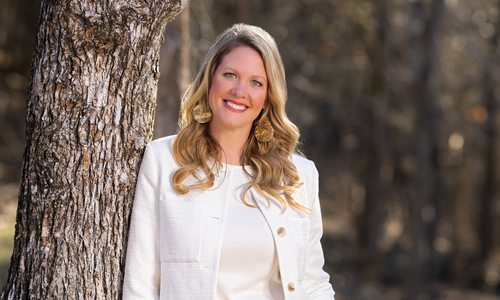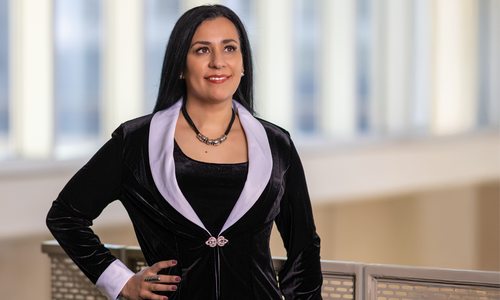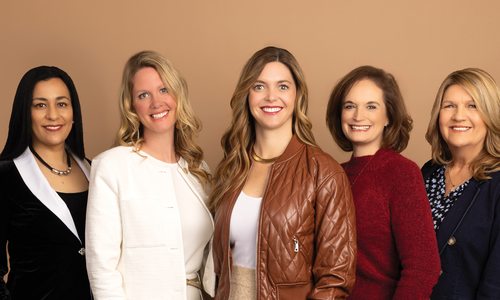
President of Total Highspeed Internet Solutions
Hometown: Ozark, MO | Find him on LinkedIn

Photo by Brandon Alms
Travis Allen has been goal-driven for as long as he can remember, and as the president of Total Highspeed Internet Solutions, his ultimate goal is to make sure everyone has access to reliable, high-speed internet through capitalizing on new technologies as they emerge.
On Launching Total Highspeed Internet Solutions
“I started the business in 2005 and was just looking to find a way to get people better internet service. I lived about four miles south of Ozark and, at my parents' house, they couldn't get any kind of high-speed internet. We had dial up internet and we had to have an extra phone line for the dial up. That cost like $40 a month just for the phone line, then the dial up alone was $25. So, we were paying like $65 a month just for dial up. I thought, well, I can save people money and get them a lot faster speed. So, we did that.
“We set up a tower and got a connection to the internet and got a few neighbors hooked up. I got about 10 customers and I thought, well, maybe we can make a business out of this […] I met the guys at Total Wireless. They were based over in Republic. We worked together for a few years where I was able to use their towers and they could use the tower I had. I bought theirs in 2011 and they came to work for me.”
On Getting Communities Connected
“People want service. They need it […] These days it's much more of a necessity, but it's still really difficult to get really good speeds to people in rural areas. Our future is to do more fiber optic connections […] There are two rounds of ReConnect [the Rural eConnectivity Program]. We’ve already been awarded the funding for round one. It'll cover a lot of rural Greene County. We're going to be able to run fiber optic cables to 8,600 locations, which is pretty phenomenal because it's very expensive. That program is a 50% grant and 50% loan.
“We've applied for the second round of funding and they're currently reviewing the applications. They'll be awarding those later this year. If we win that one, that'll be even bigger—over 10,000 locations. It'll cover some of Greene County still, but also Lawrence County, Stone County Christian County and a little bit of Webster County.
“The rules are very specific [...] we aren't able to be funded for this unless we have an area that's 90% unserved […] Building a network is a local process. You can't say, ‘Okay, we're going to do the whole state or the whole country.’ It’s got to be a city-by-city, or county-by-county type of thing because every single situation is unique.”












